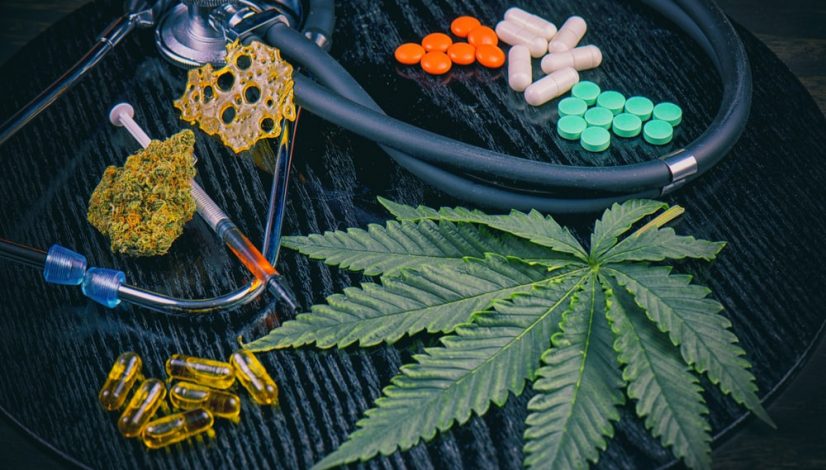Can Medical Marijuana Benefit People With Autism?
The post Can Medical Marijuana Benefit People With Autism? appeared first on High Times.
Cannabis has a growing list of medical applications and promising new research. Many families are asking: Can medical marijuana benefit people with autism? To date, marijuana is a proven treatment for epilepsy, Alzheimer’s, PMS and stops the spread of cancer cells. Though these conditions are diverse, marijuana treats many of their like symptoms, including anxiety and pain. Researchers in Israel are hoping medical marijuana will benefit people with autism as well.
Families Turn To Marijuana For Help With Autism

Prescription medication for the management of autism is largely ineffective. Though conditions vary, autism results in difficulty with social interaction, repetition, and distinctive strengths and weaknesses. These symptoms range from mild to severe. However, they always have an impact on the lives of those living with autism as well as their families.
In many cases, prescription medication causes harmful side effects. Orange County resident and mother, Mieko Hester-Perez tried over 13 ineffective traditional treatments for her ten-year-old son, Joey, who is affected by autism. With one daily medical marijuana brownie, Joey almost instantly regained his appetite and became less anxious.
He even began playing with his toys and attempting to communicate. Two activities he previously hadn’t enjoyed as a consequence of his autism. Hopeful with such results, parents like Hester-Perez are campaigning California to officially list autism as a condition treated by medical marijuana.
Hester-Perez was interviewed on Good Morning America and runs a nonprofit dedicated to treating autism with medical marijuana.
Benefits Of Marijuana On Autism
Israel is known for its tolerant attitude towards marijuana following the legalization of medical marijuana in 1992. Abigail Dar, the mother of Yuval, a 24-year-old man with autism, conducts research on marijuana and autism. She described traditional medicine in a less-than-positive way.
“They just give us medication hoping it will give an answer, which it doesn’t,” she said.
Like many parents, Dar worries about the side effects of prescription medication as well as the hostility and anxiety that can come along with autism. After researching and deciding on a strain of cannabis, Dar administered Yuval’s first dose.
She describes this initial experience with medical marijuana as “a miracle.” Yuval’s aggression and anxiety diminished immediately after beginning treatment.
Final Hit: Can Medical Marijuana Benefit People With Autism?
Due to the variety of strains available, the American Academy of Pediatrics does not maintain that medical marijuana is a treatment for autism. They argue that different strains have distinct side effects, so you can’t ensure its safety.
Another concern may be that autism is a spectrum, so treatment cannot be “one size fits all.” More research could solve the uncertainty surrounding medical marijuana and autism.
While medical marijuana as a treatment for autism remains difficult to obtain in the US, Israel already launched the first clinical trial to test marijuana’s impact on people suffering from autism.
This makes Israel one of three countries—including Canada and the Netherlands—with government-run medical marijuana programs. Autism affects approximately 1 in 68 children, and many families are championing marijuana’s results. Instead of asking, can medical marijuana benefit people with autism, we should be researching why it does.
The post Can Medical Marijuana Benefit People With Autism? appeared first on High Times.


